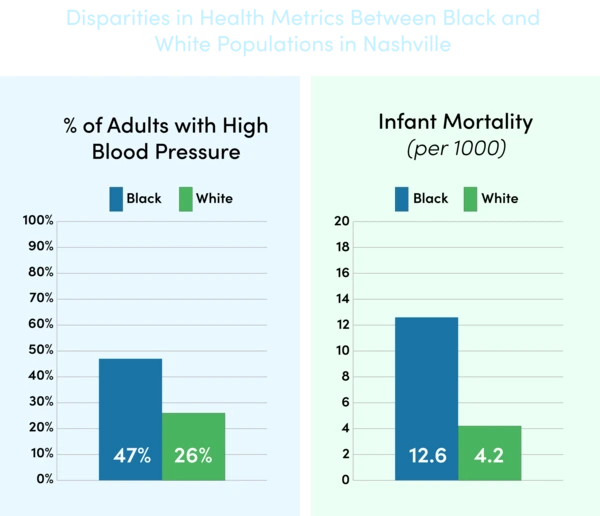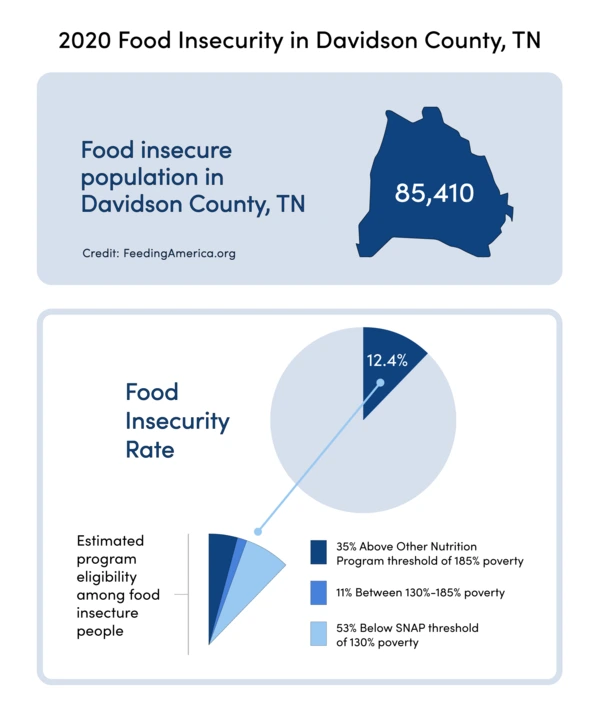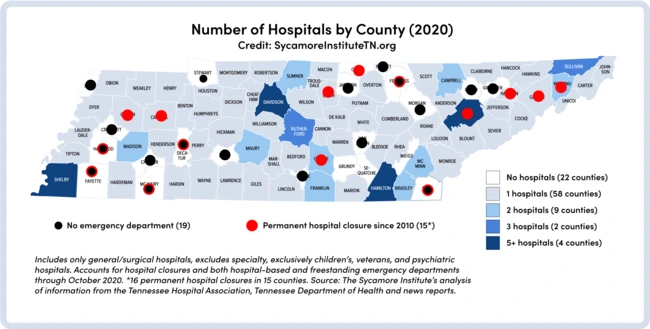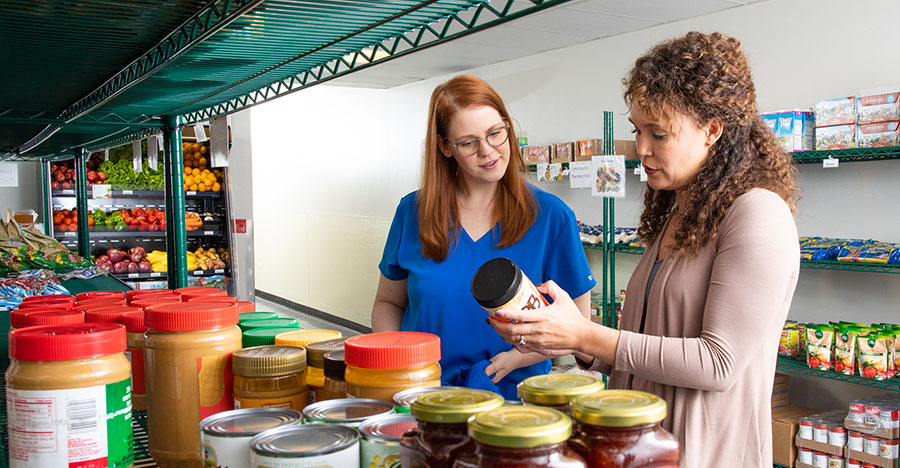Our Priorities

Health Equity
We are dedicated to building programs and partnerships that elevate community health by dismantling barriers to care and providing fair opportunities for all individuals to achieve optimal health. Our initiatives aim to inspire a more equitable healthcare landscape for everyone.
STAT: Significant health disparities exist in Nashville, particularly impacting the Black community, with nearly half of African American adults diagnosed with high blood pressure compared to just 27% of white non-Hispanic adults; this disparity is further highlighted by higher rates of infant mortality among Black infants in Davidson County compared to white infants, with reports showing a rate of 12.6 per 1,000 live births for Black infants versus 4.2 for white infants.

Access to Health
We are committed to ensuring that every community member has timely access to quality healthcare services, improving health outcomes regardless of socioeconomic background. Our mission is to remove barriers preventing individuals from receiving the care they need when needed, fostering a healthier and more equitable community.
In Nashville, uninsured residents face significant challenges in accessing care, particularly when it comes to medications. Sixty percent of uninsured individuals report cost-related barriers to obtaining necessary care, and 54.6% are unable to fill prescriptions due to financial constraints. Life-saving medications, such as those for managing blood pressure, cholesterol, and heart conditions, are often unaffordable, leaving patients without critical treatment. Similarly, access to antibiotics—essential for treating infections—is out of reach for many, further compromising their health.
This lack of access often forces patients into a dangerous cycle: untreated conditions worsen, leading to avoidable and costly emergency room visits. For many, the ER becomes their only point of care rather than a last resort.
Addressing these challenges is critical to breaking this cycle and ensuring everyone can access the care and medications needed to live healthier lives. By prioritizing access to care, we can create a community where no one has to choose between their health and financial stability.

Social Determinants of Health
To improve health outcomes, we address key social determinants such as housing, food security, education, employment, and transportation. By tackling these foundational issues, we aim to inspire positive change and nurture overall well-being in our communities.
While the overall rate of food insecurity in Davidson County is 12.4%, specific demographics are disproportionately affected. Food insecurity rates for children and people who identify as Black or Hispanic are all close to 20%, up from 14% in 2018 (Feeding America, 2020). In Nashville, 85% of residents living in food deserts are Black.

Sources:
- NashvilleHealth Community Health and Wellbeing Survey .
- "Health care in Nashville: Incentives help bridge wide disparities" article from The Tennessean

Access to Health
We aim to ensure every community member has timely access to quality healthcare services, elevating health outcomes regardless of socioeconomic background. We strive to remove obstacles that prevent individuals from receiving the care they need when they need it, nurturing a healthier community.
In 2023, Tennessee found itself near the bottom of national health rankings, positioned 44th overall. The state ranked 15th regarding healthcare deserts, with 23 of its 95 counties lacking sufficient health services. These healthcare deserts affect more than a third of Tennessee's population, impacting approximately 2.5 million residents.
Uninsured Nashvillians report significant barriers to seeing a physician. Of the uninsured face cost-related 60% barriers to obtaining care did not take prescription 54.6% of medications due to cost.

Nashville households with less than median income spend 50% more on transportation and housing expenses. Approximately 25% of missed appointments are due to transportation. Younger adults, people without vehicle access, and people with disabilities are significantly more likely to encounter transportation barriers and miss medical appointments. In the US, an estimated 5.8 million individuals delay medical care yearly due to transportation barriers.
The Team Chad Shuttle and Courtesy Van address critical transportation barriers that prevent patients from accessing essential healthcare. By offering safe, reliable rides to and from appointments, these services help reduce missed medical visits, alleviate stress for patients and families, and ensure those with limited mobility or without personal vehicles can receive timely care. Together, these initiatives exemplify the Foundation's commitment to tackling social determinants of health and improving equity in healthcare access.
Team Chad, NGH Foundation and NG Hospital Staff and Board members January 17, 2023 Team Chad Patient Transport Van Dedication
The Team Chad Patient Courtesy Shuttle, donated in 2024, provides vital transportation from Nashville General’s parking garage to the hospital entrance. Designed for patients with mobility challenges, it ensures safe and easy access, especially for those facing respiratory or physical limitations.
The Team Chad Oncology Van, introduced in 2023, offers reliable, handicap-accessible transportation for patients needing assistance to attend life-saving treatments. With seating for eight passengers and two wheelchairs, it’s a lifeline for those without personal vehicles or safe transit options.